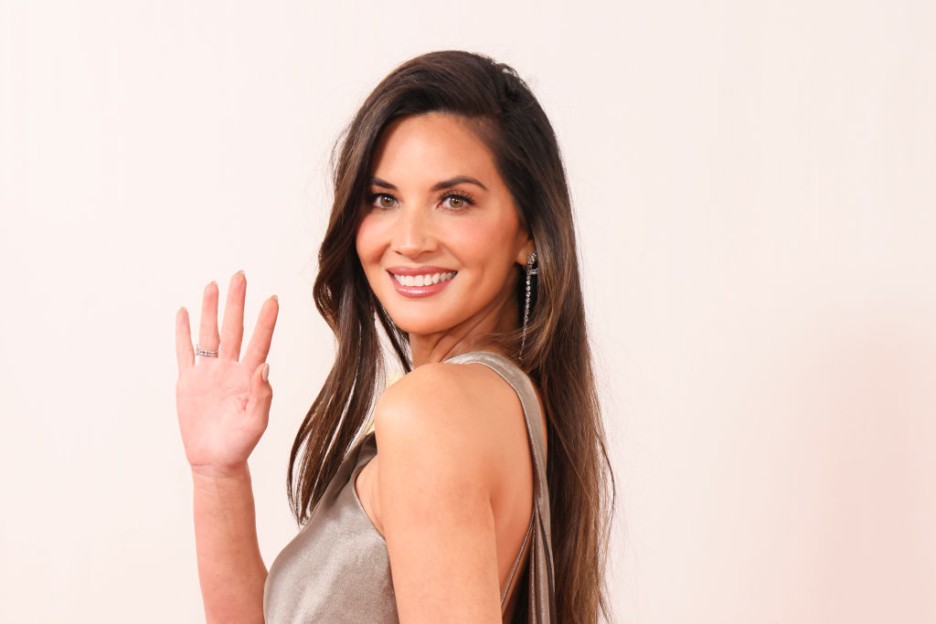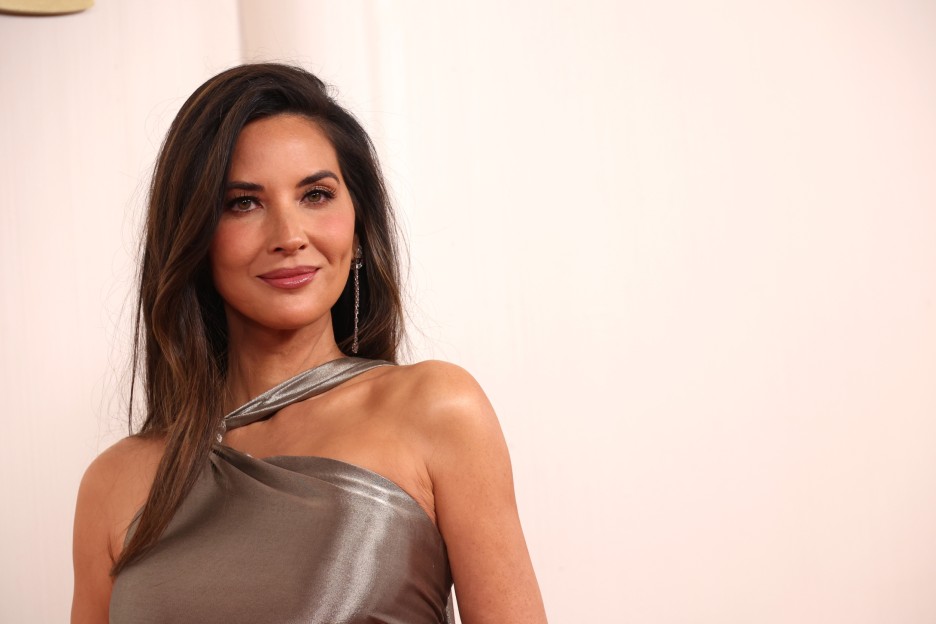Olivia Munn's Double Mastectomy Scars in Bold Skims Campaign is 'Proof of How Hard I Fought'

Olivia Munn, a breast cancer survivor, is proudly showcasing her post-mastectomy body in a new Skims campaign.
The 44-year-old, who was diagnosed with breast cancer earlier this year, appears in the brand's latest collaboration with Susan G. Komen, revealing her double mastectomy scars in striking photos during October, Breast Cancer Awareness Month.
Originally, the campaign was meant to highlight Skims' shape wear and leggings, Munn told Savannah Guthrie during a recent interview on 'TODAY.'
"When Skims approached me to do this campaign, it wasn't about my scars," she explained. However, as she prepared for the shoot, a wardrobe change revealed more of her scars, and makeup artists found it challenging to conceal them.
Looking at herself in the mirror, Munn had a moment of clarity.
"I'm done being insecure about my scars," she said. After discussing the idea with the Skims team, they decided to feature her scars in the campaign. Munn praised the brand for being supportive and thoughtful throughout the process.

Diagnosed with luminal B breast cancer in 2023, the 44-year-old has undergone several surgeries, including a double mastectomy, breast reconstruction, and a lymph node dissection. She has also begun hormone suppression therapy and had her ovaries, uterus, and fallopian tubes removed. The star reflected on her journey, saying the shoot was "really scary" but ultimately liberating.
The 'Office Christmas Party' star hopes that by sharing her scars in the Skims campaign, she can encourage other women with similar experiences to embrace their beauty.
"There are so many women who have these same scars, and I want them to feel less alone," she said. She emphasized the contrast between cancer and the beauty associated with brands like Skims, hoping her visibility can offer comfort to others.
During her 'TODAY' interview, Munn also urged women to be proactive about understanding their breast cancer risk and to advocate for their own health, drawing from her personal experience after learning she had a 37% lifetime risk of developing the disease.
© 2026 Enstarz.com All rights reserved. Do not reproduce without permission.






